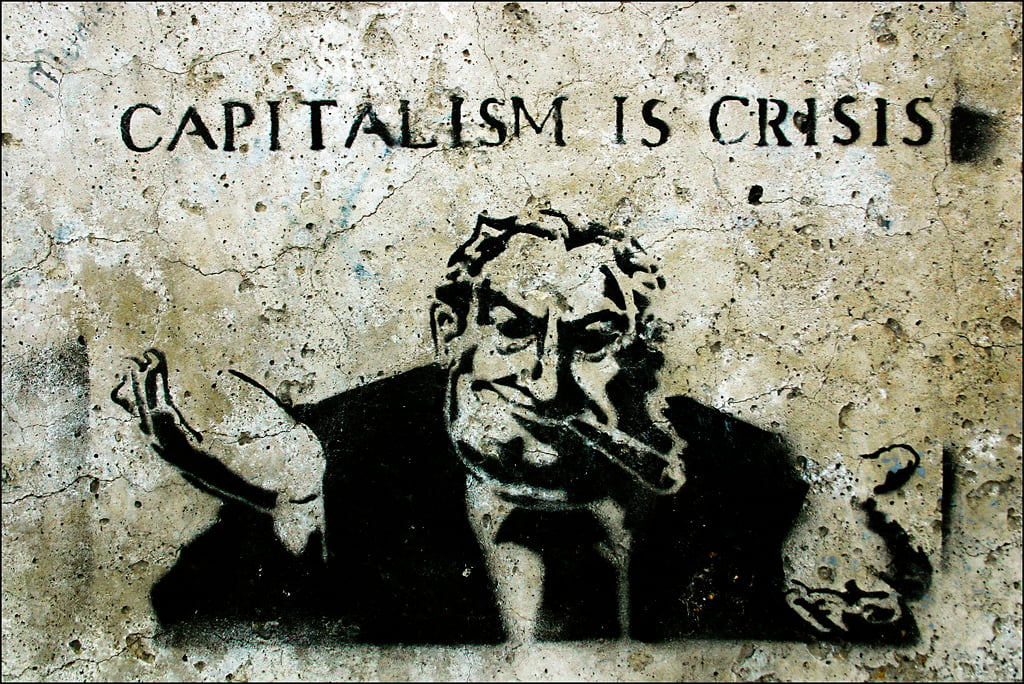Commentary
The capitalists are spoiled: They've gained too much control
With workers being subjugated, owners have been able to increase profits simply by squeezing wages, without needing to put too much effort into increasing productive efficiency and safety.

May 1 we celebrate workers, but every other day of the year is a celebration of the masters.
As we mark the end of the first quarter of this century, the shape of the current mode of production is now clearer than ever: a fully restored capitalism of unbridled command.
It is a system in which the owners give orders and the workers execute, without disturbing the former in any way. This now applies to all employees, either recognized as such or unrecognized, from blue-collar workers to salaried engineers, from sales reps to workers fraudulently classed as freelancers. At this point, the same logic of command is pervasive across broad swaths of the public sector as well: it’s enough to ask a precarious teacher about the subservience they are forced into by whoever is higher in rank.
In short, we are celebrating May 1 while we find ourselves in a resurgent El Dorado for the owners and their acolytes. From the top-level managers to the lowest-level bosses, their domination over labor is now almost entirely free of limits and constraints, whether from the law or from the unions.
The restoration of capitalist command over labor is a worldwide phenomenon, without exceptions. There are, however, certain textbook cases that are more representative than others. As it happens, Italy stands out among them.
Italy has been unmatched at the global level in terms of the collapse of the labor protection indices calculated by the OECD, and the signs of renewed class subjugation are felt even more sharply here than elsewhere.
According to the American textbooks that our economists are using to teach in Italian universities, the unfettered capitalist command over labor should amount to a wellspring of economic good fortune for the entire nation.
Indeed, prevailing economic theory states that wherever capitalists dominate, productivity and wages prosper.
However, when tested against actual data, this theory, still so beloved in academic circles, runs into trouble. While national economic policy was waging war against labor rights, trends in productivity, wages and general working conditions were markedly deteriorating. According to official statistics, in Italy, since the turn of the century, productivity per hour worked has grown by a mere 2.7 percent while the purchasing power of wages has fallen by 5.4 percent. Even from the most extreme point of view, that of workplace deaths, one can see a relative worsening: during the years of the labor conflicts, deaths on the job plummeted by 50 percent, while since the beginning of this century we are witnessing a disturbing trend toward stabilization in the number of deaths.
In short, with workers being subjugated, owners have been able to increase profits simply by squeezing wages, without needing to put too much effort into increasing productive efficiency and safety.
In Italy this phenomenon is particularly conspicuous, but on closer inspection it is an empirically confirmed pattern at the international level. A study by Fontanari and Palumbo published by the Institute for New Economic Thinking shows that in the United States as well, the “weakness” of labor fosters an accumulation regime characterized by low productivity. Thus, the same “ragged capitalism” that people deplore with fine irony in our neck of the woods takes root under favorable conditions even in the world's most highly-developed economies.
That is, in a nutshell, the outcome of the rampant reassertion of capitalist command: the more the workers are appalled by the crack of the whip, the more the bosses become parasites capable only of whipping. As the capitalist's freedom of command increases, the efficiency of their capital decreases proportionately.
At one time, these material “laws of operation” of the system used to be part of the knowledge base of the entire community. Most often, it was up to communists to explain them to liberals, conservatives, even fascists. With the disappearance of the former, all that was left was to choose from among the varied ideologies of the others – all, in one way or another, treating the freedom of capital as something sacred and inviolable, and committed to concealing its guilty heterogony of ends.
As long as they are free to spread degradation, the bosses will continue to celebrate. One might consider taking the champagne bottles out of their hands – a worthy proposal for how to bring May Day celebrations into the modern age.
Originally published at https://ilmanifesto.it/capitalisti-viziati-dal-troppo-comandare on 2025-05-01
